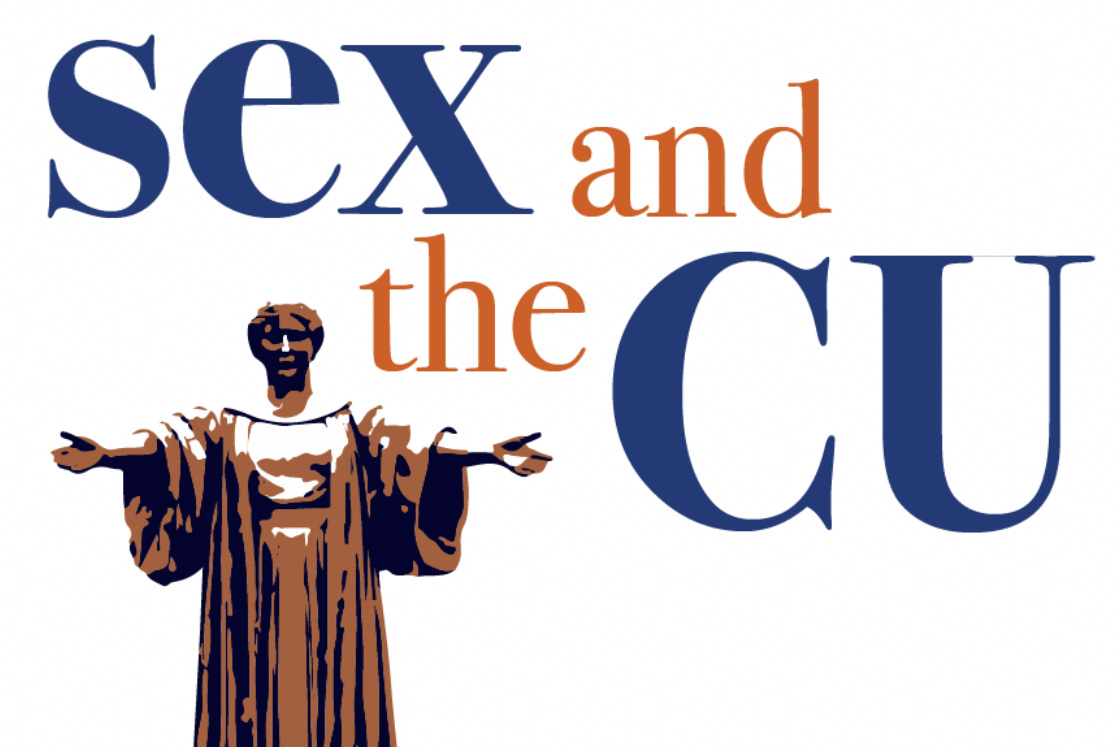In an age dominated by electronic innovations, reading an actual paper-and-ink hardcover might seem a bit old school. Chances are, the majority of your exposure to text takes place on a screen rather than a page and this trend of digitalizing words is here to stay.
Online reading is becoming ever more popular, and one of the most obvious symbols is the rise of e-books and e-readers in the past few years.
Bradley Bridges, Illini Union Bookstore manager, said the popularity of these devices has skyrocketed recently.
“We’ve sold more this semester than in the past…with the iPad being the most popular, followed by the Kindle”.
According to the Association of American Publishers, e-books ranked #1 among categories of trade publishing this past February, surpassing all other forms including adult hardcover and paperback for the first time.
Get The Daily Illini in your inbox!
“As digital delivery gets more robust and more interactive, students are going to like using them more and more,” Bridges said.
This is evident in sales of e-books through Kindles, which surpassed the sale of print books just this summer.
Adriana Zalloni, sophomore in LAS, has been using her Kindle since June and has already become an addict. With its lightness, portability and the capability of storing multiple books, the Kindle has become an essential companion in her daily routine.
“In high school, I was really opposed to the idea of an e-reader, but after using mine and seeing all the perks, I changed my mind 100 percent,” Zalloni said.
With the rise of e-books and the fall of hard copy ones, some companies have felt the pressure to move with the trend. In late 2009, Barnes & Noble introduced the NOOK, a gadget that lets consumers download more than a thousand books, newspapers and magazines to read on its 7-by-4-inch screen. The shift to digital books has led to more dramatic changes in other retailers: Borders, once a retail behemoth, has liquidated all of its American stores just this past month.
Like any new technology, there are downsides. Ted Underwood, associate professor in English, stated that where libraries are concerned, the switch from paper to digital can’t capture everything that a physical book can.
“There are marginalia, like someone in 1830 may have written some notes…in a particular physical copy of a book, and obviously you can’t reproduce that with a digitized text,” Underwood said.
The benefits of indexing books online, however, outweigh the downsides, especially for researching and examining text across ages. Underwood finds online material very useful and easy to handle, especially with powerful search tools built into the web or e-reader.
“Once you have a large number of books that are digitized, you can start to think about the history of writing in a different way, because you are looking at it on a different scale.”
All in all, he remains hopeful that books will not lose their physical value, especially in libraries where they need to be preserved the most. The way we interact with text is evolving, but the words’ true essence and the feelings they invoke will still always be there — just not necessarily in the form of ink and paper.
“It’s not a question of replacement of one form of reading by another,” Underwood said. “But it’s a new way of thinking about text.”









